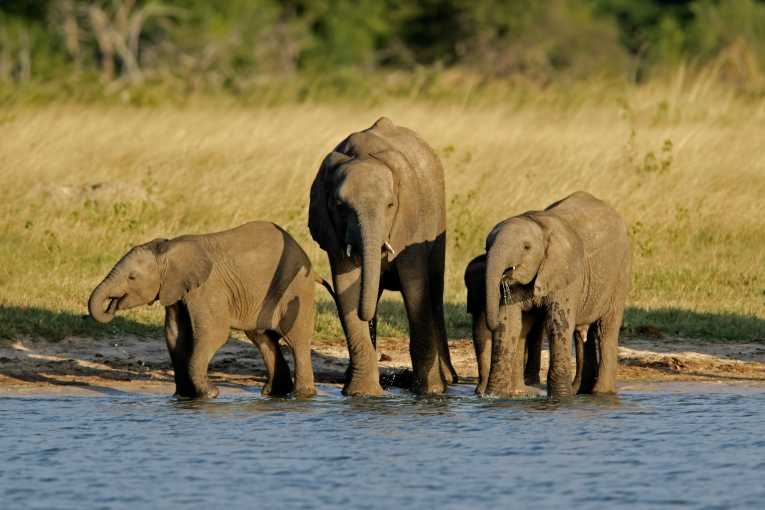A real conservation success story, a new elephant census in Kenya's Tsavo ecosystem shows numbers increasing despite ivory poaching and a prolonged drought in the area.
The Tsavo area is Kenya's top elephant sanctuary and 12,572 animals now live there, up from 11,696 in the last census three years ago. One third of the country's elephants live in Tsavo, an area larger than Denmark.
The Earth Times spoke to Patrick Omondi, senior assistant director of Kenya Wildlife Service (KWS), who co-ordinated the elephant census, which is held every three years. 'The logistics were involved to say the least. Nine aircraft and a team of 100 scientists, wardens and volunteers conducted the count. We are pleased with the results showing numbers up 2% on 2008 despite our worst drought in twenty years, and continued poaching pressure.'
Elephant numbers had been increasing at about 4% a year, but starvation due to dry conditions resulted in the deaths of many babies and older animals during 2009, slowing the rate of growth.
The recovery in elephant numbers is a real Kenyan conservation success story, after elephant numbers plummeted from a peak of 35,000 in the 1976, to a nadir of 5,400 in 1988. A serious poaching onslaught, combined with 6,000 animals dying during a severe drought was responsible.
Conservation organisation Save the Elephants works alongside KWS in supporting elephant populations in Kenya, and throughout Africa. Founder Iain Douglas-Hamilton said, 'After a catastrophic drop in numbers in the eighties, the 1989 ivory trade ban and enhanced policing of poachers has resulted in an ongoing recovery of elephant populations in Kenya. These results are significant and show what can be done.'
But the good news is no reason for complacency as poaching once again seems to be on the increase throughout the continent, especially in countries where the rule of law is more tenuous.
In a bid to keep ahead of the poachers, KWS have just recruited 500 more trainee rangers, upgraded weapons issued to staff, and enhanced aerial patrols. 'But,' says Omondi, 'increased demand for ivory in China is creating a lot of challenges in Africa, Kenya will oppose any repeat partial lifting of the ivory trade ban which we feel has only made matters worse.'










